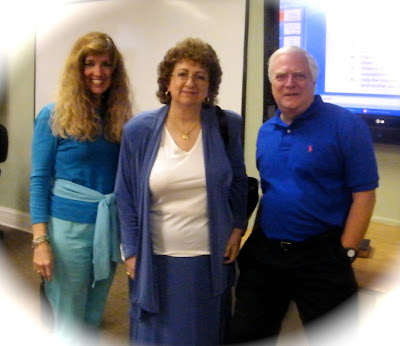
Nathan with Merry Katherine, August 2004,
two years before she was killed
Wednesday's Woe
Time Stands Still
Nathan had been visiting his cousins down in Georgia, staying with one cousin's family of four girls. He said the visit had the impact on him of getting to be an "older brother" again, and it felt so good. Nathan said getting to be like a big brother again felt like a little bit of Heaven on earth. When he returned home to Tennessee, he dreamed about Merry Katherine, that she was alive again! In this dream, he didn't try to talk her out of her existence as he had done in other dreams by explaining to her that she is dead, so is she really back now, and if so, they had better contact all her friends to tell them she was alive. No, in this dream, he just began celebrating with her that after "16 months," she was resurrected! It has actually been 59 months, but to his subconscious it must seem much closer in time that almost five years now.
Though it has been almost five years since our precious 19-year old daughter was killed, somehow it seems like her death happened just last year. It's almost like time stands still amidst our deep grief. Sometimes it feels like I'm back on day one. And then again, when I am suddenly shocked once again with the stark reality of her death, it feels like I am facing her death all over again for the very first time - like I haven't been processing it or dealing with it for all these five years which I have!
I think a reality like a child's death, whether by the parents or by the big brother of the child, can never be fully accepted here on this earth. It's just too unreal, so it seems our minds play games with us of going in and out of that stark reality, but never really integrating her death into our everyday existence. I guess it's like trying to mix oil and water, trying to mix our life with her death. It just can't happen.



















































